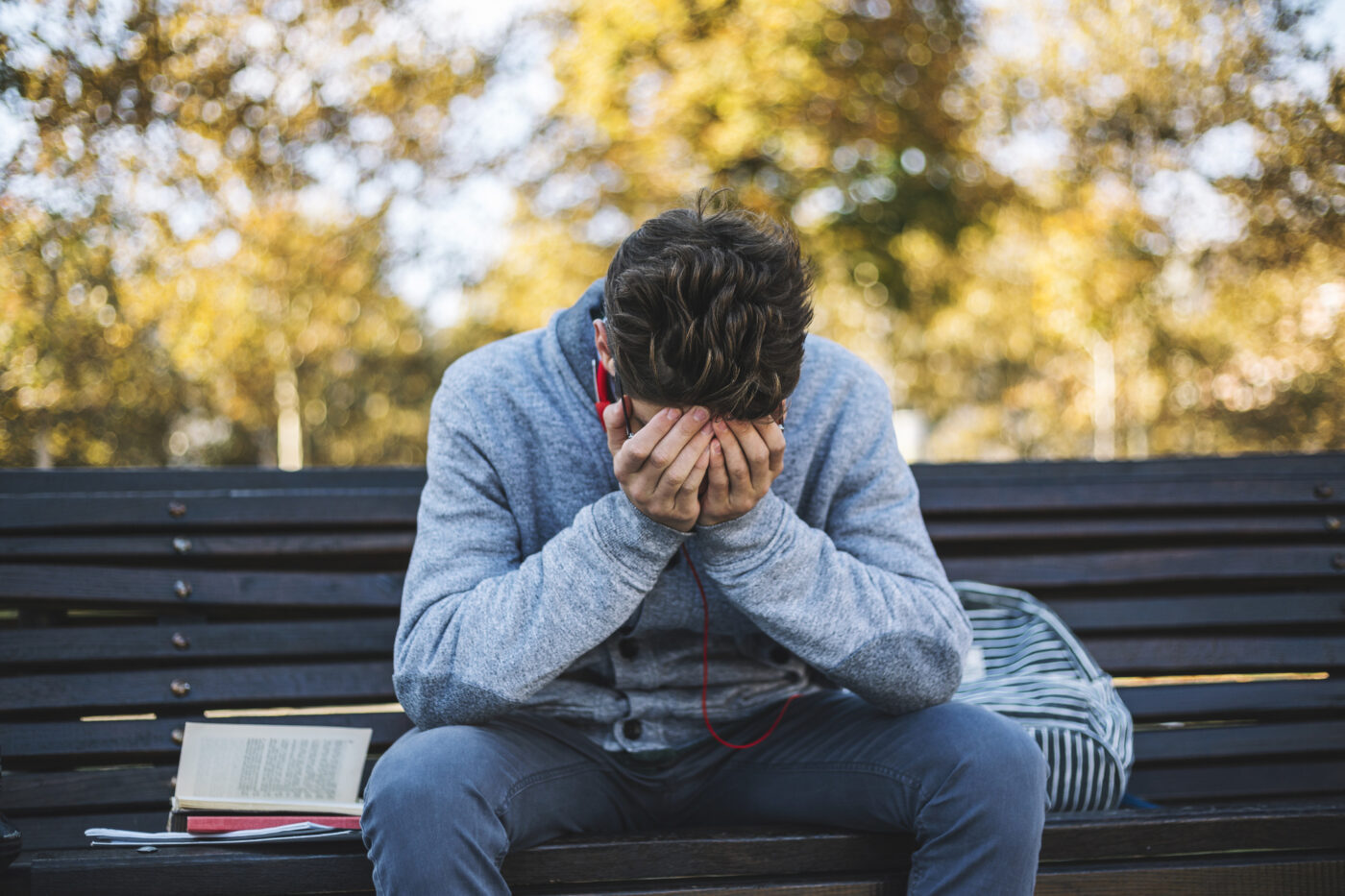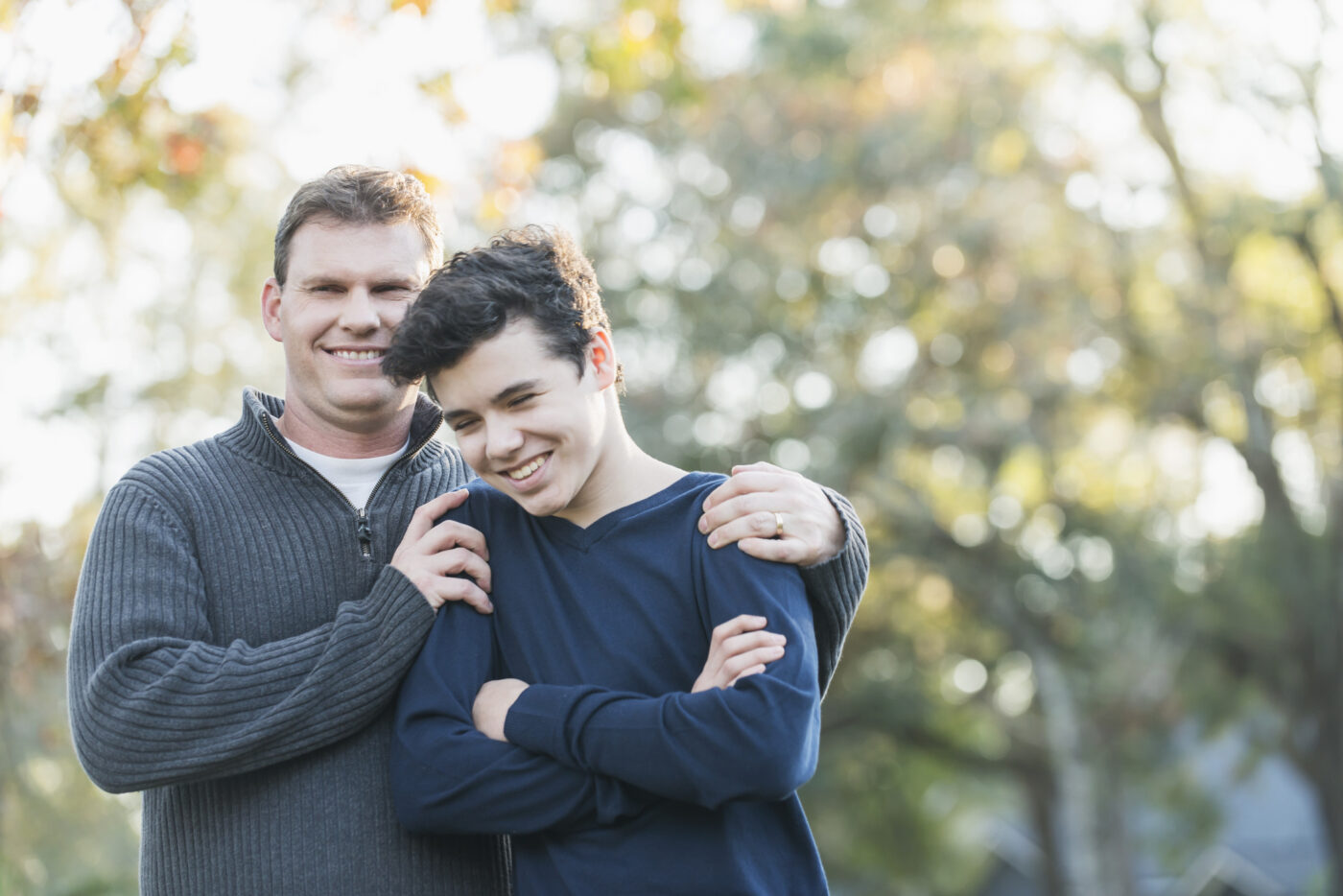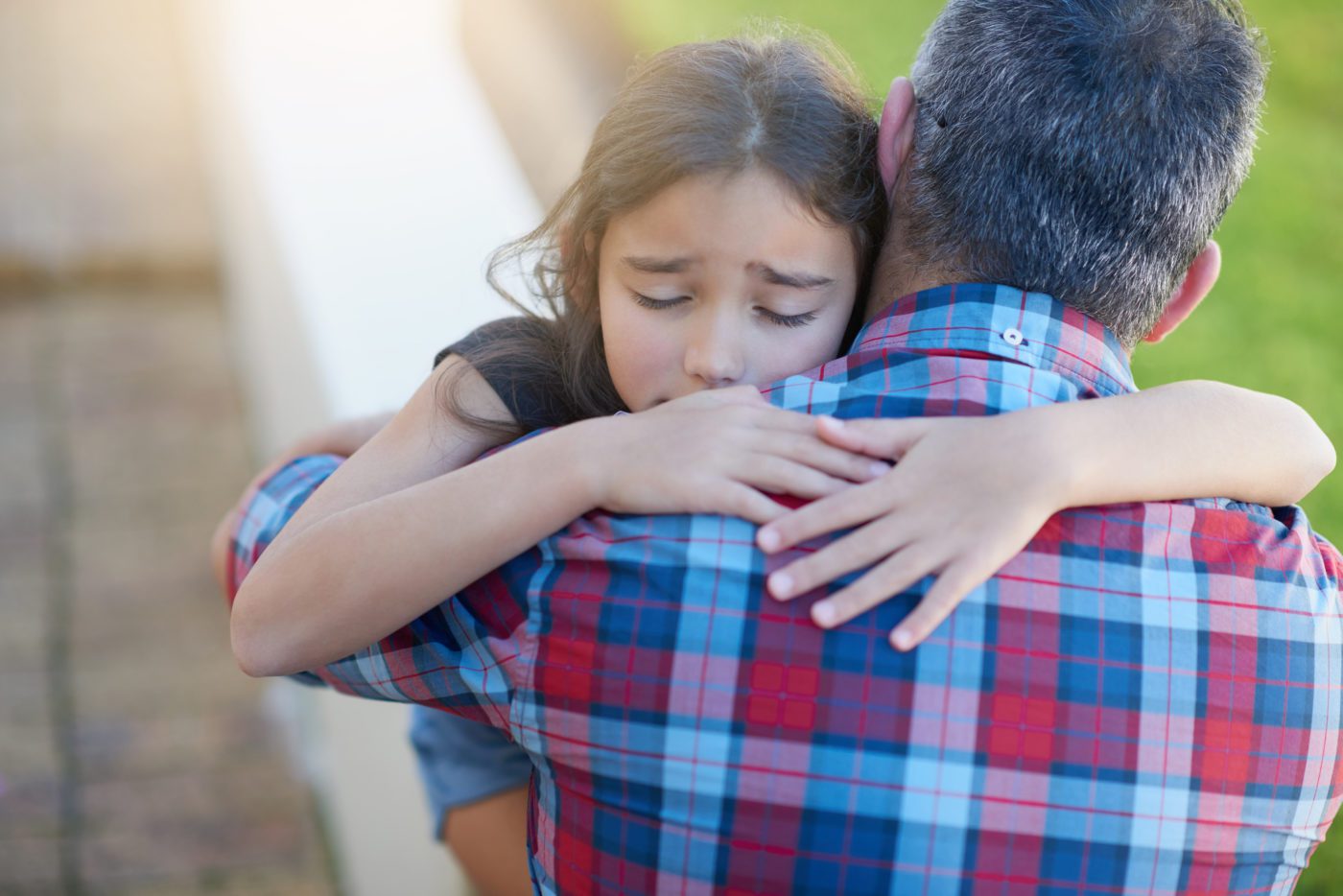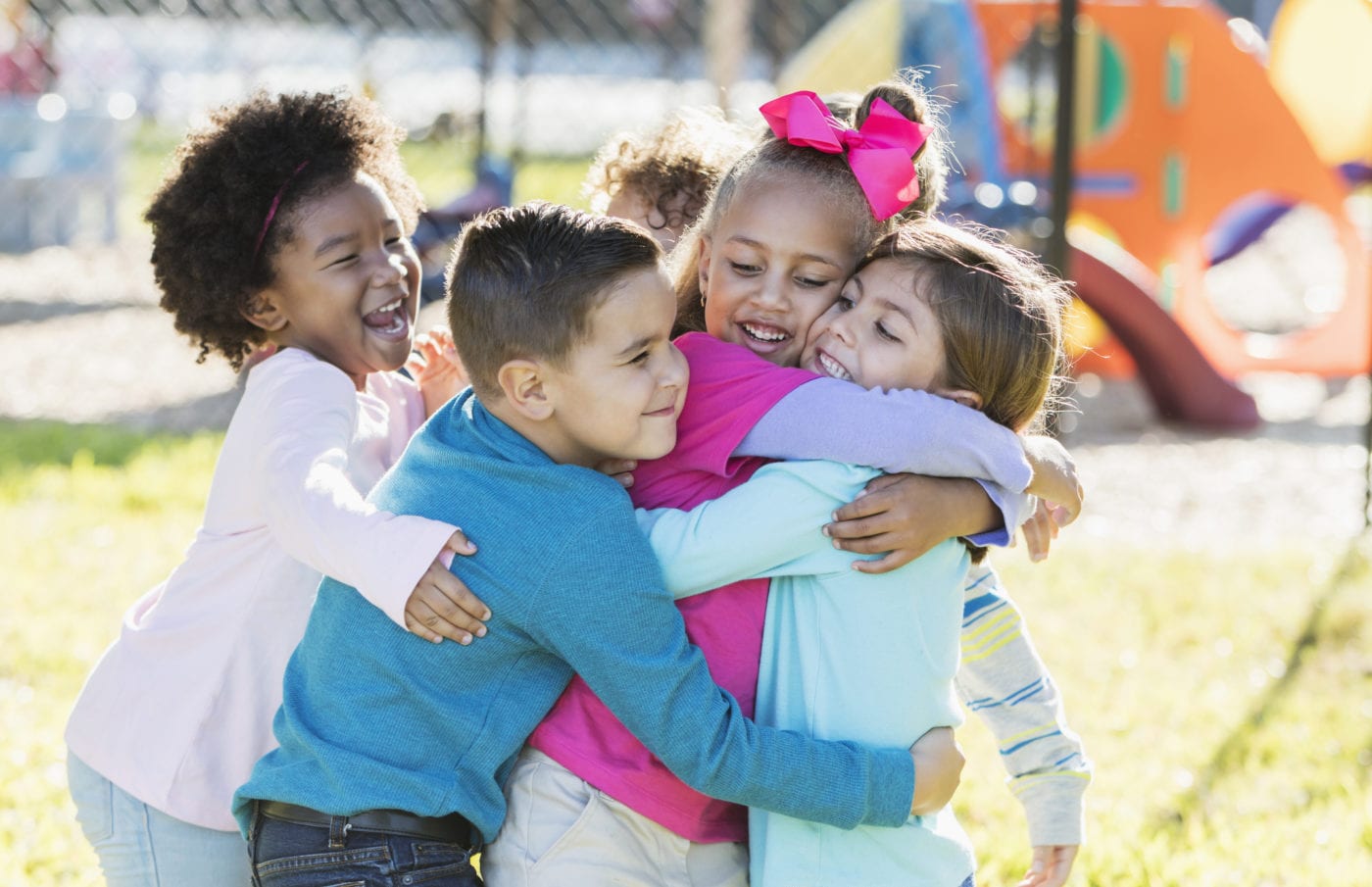You may not always know how to help your child with anxiety. I sure didn’t, especially when my 15-year-old daughter had her first panic attacks during the chaos of 2020. I attempted to talk her panic and anxiety away using my go-to: logic. You may also spin some of these classics: “You need to calm down. Nothing can be as bad as all this. You need to get yourself together so I can help you.” These comments made things even worse for her. But if she didn’t need logic from me, what did she need?
I was clueless about how to respond to her subsequent panic attacks. Then something amazing happened. My friends Will Hutcherson and Chinwé Williams asked me to be a pre-reader of their book, Seen: Despair and Anxiety in Kids and Teenagers and the Power of Connection. This timing couldn’t have been more perfect, and the advice couldn’t have been more effective. While the book had many insights, I want to give you just one way to help ease your child’s anxiety, even during panic attacks.
The One Thing That Helps Anxiety
I talked with Will and told him exactly what was happening. He explained that during panic attacks and extreme anxiety, the logical part of our brains is greatly impaired, while the emotional part is on fire. So, to help ease my daughter’s anxiety, I had to relate to her emotionally. He asked what I did to connect with her when she was as young as 2 or 3 years old. I shared that I would hold her and sing to her. He said, “Do that.” You may be thinking like I was “Man, you have got to be kidding me. The last thing a 15-year-old wants is to be treated like a toddler.” But I was so desperate I tried it, and it worked!
Since she was lying on the bed in great distress, we couldn’t exactly dance. So I lay beside her, and gently sang, badly, a song we used to dance to when she was little. Within just a few minutes, it greatly helped to calm her down. I couldn’t believe it. When I told Will what happened, he said, “By just being with her and not trying to fix her with logic, you showed her empathy. Empathy relieved her anxiety and brought her back to the logical part of her brain.”
Something That Doesn’t Help Anxiety
You may be thinking, “What about advice?” Isn’t there a time and place for advice that could help our kids not experience anxiety? Shouldn’t we share the advice for them to get their homework done early to avoid the anxiety that comes from waiting until the last minute? Shouldn’t we encourage them to avoid friends who consistently treat them poorly? Shouldn’t we encourage them to exercise before they feel overwhelmed with anxiety? Yes, there is a time and place for this type of advice. But in the middle of their anxiety is not the time nor the place.
I’m not sure why I was surprised empathy is the best response to my daughter’s anxiety. When I’m in the middle of feeling anxious, empathy is what I want. If you are looking for how to respond to your child’s anxiety, look no further than empathy.
Sound off: How do you help your child manage his or her anxiety?
Check out the All Pro Dad team discuss the best ways to help our kids with anxiety in this podcast:












Huddle up with your kids and ask, “When do you feel the most anxious?”